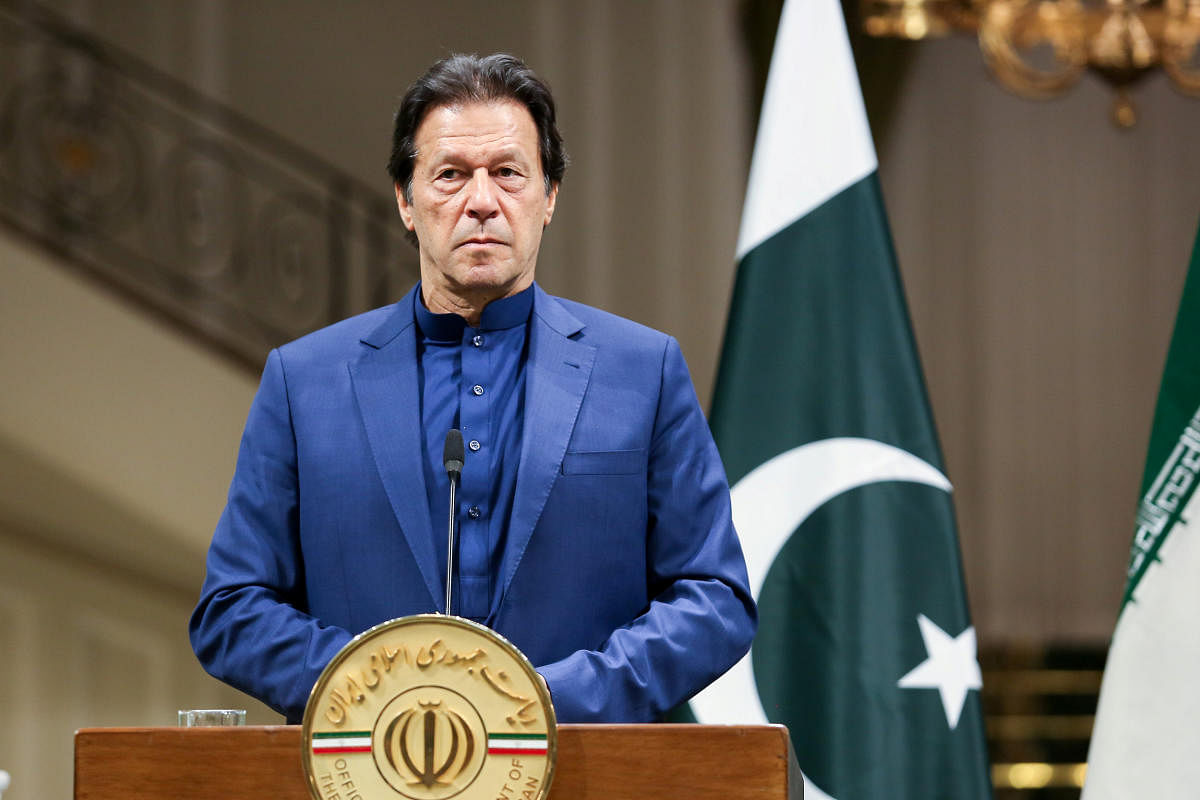
Pakistan has renewed its bid to raise the issue of Jammu and Kashmir (J&K) at the United Nations Security Council (UNSC) – now accusing Prime Minister Narendra Modi’s Government in New Delhi of changing the demographic profile of what is now a Union Territory of India.
New Delhi is all set to counter the fresh attempt by Prime Minister Imran Khan’s Government in Islamabad to raise the issue of J&K at the UNSC. India is rather preparing to turn the table on Pakistan, asking it to reverse the demographic change it has engineered in the parts of J&K it has been illegally occupying.
Islamabad made its latest attempt to raise the issue of J&K at the international forum by criticizing New Delhi’s recent move to redefine the domicile for government jobs in the newly-created Union Territory.
The BJP-led Government at the Centre issued the Jammu and Kashmir Reorganization (Adaptation of State Laws) Order, 2020, late on March 31. The new notification says any Indian, who has resided in J&K for 15 years or has studied in the state for seven years and has appeared in either the Class 10 or the Class 12 examination, will be eligible for domicile certificates and thus eligible for gazetted and non-gazetted government jobs.
Pakistan Foreign Minister Shah Mahmood Qureshi on Sunday wrote to UNSC President Jose Singer alleging that India had introduced the new domicile rules to alter the demographic profile of J&K.
Qureshi accused the Modi Government in New Delhi of taking advantage of the international community’s focus on Covid-19 pandemic to make the changes in the demographic profile of Kashmir.
Singer is the Special Envoy of the Dominican Republic and is holding the UNSC presidency for the month of April.
Since New Delhi on August 5 initiated the move to strip J&K of its special status and reorganised the state into two Union Territories, Pakistan re-launched its campaign to internationalise its dispute with India. New Delhi, however, so far blocked all attempts by Pakistan and its “iron brother” China to bring back the issue of J&K back on the formal agenda of the Security Council.
New Delhi has been maintaining that the 1972 Simla Agreement between India and Pakistan and the 1999 Lahore Declaration had left no scope for the UN or any third party to play any role in resolving the “outstanding issues” between the two South Asian neighbours.
“The Union Territory of Jammu and Kashmir has been, is and shall continue to be an integral part of India. (The) issues related to J&K are internal matter to India,” a senior official in New Delhi said, adding that India will foil the latest attempt by Pakistan to raise the issue in any international forum.
